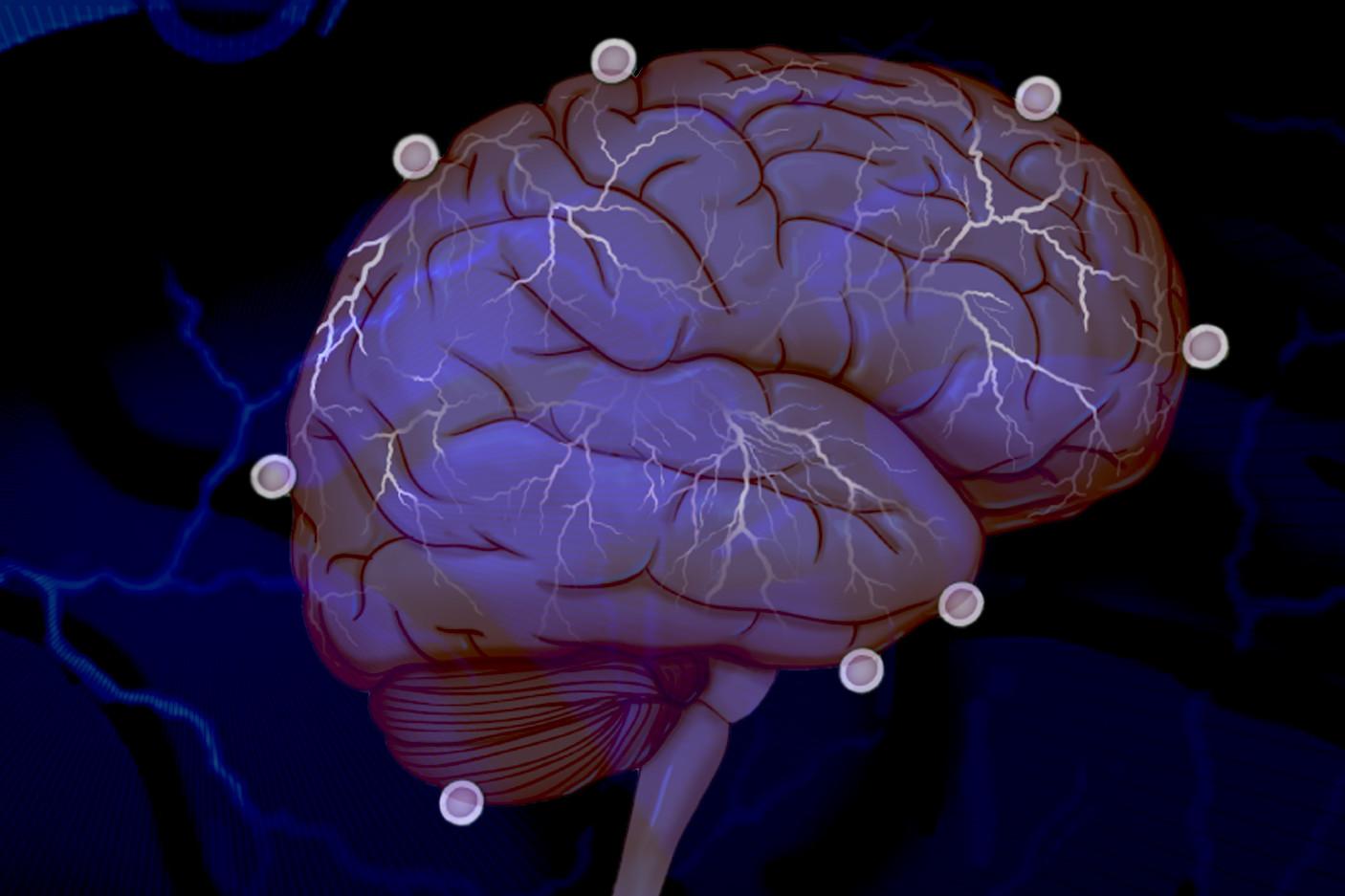
It's a stunning discovery that overturns decades of textbook teaching: researchers at the School of Medicine have determined that the brain is directly connected to the immune system by vessels previously thought not to exist. “I really did not believe there were structures in the body that we were not aware of. I thought the body was mapped,” said Jonathan Kipnis, a professor in the Department of Neuroscience and director of the University's Center for Brain Immunology and Glia. How these vessels could have escaped detection when the lymphatic system has been so thoroughly mapped throughout the body is surprising on its own.
In a startling discovery that raises fundamental questions about human behavior, researchers at the University of Virginia School of Medicine have determined that the immune system directly affects – and even controls – creatures' social behavior, such as their desire to interact with others.
 So could immune system problems contribute to an inability to have normal social interactions? The answer appears to be yes, and that finding could have significant implications for neurological diseases such as autism-spectrum disorders and schizophrenia.
So could immune system problems contribute to an inability to have normal social interactions? The answer appears to be yes, and that finding could have significant implications for neurological diseases such as autism-spectrum disorders and schizophrenia.
“The brain and the adaptive immune system were thought to be isolated from each other, and any immune activity in the brain was perceived as sign of a pathology. And now, not only are we showing that they are closely interacting, but some of our behavior traits might have evolved because of our immune response to pathogens,” explained Jonathan Kipnis, chair of UVA's Department of Neuroscience. “It's crazy, but maybe we are just multicellular battlefields for two ancient forces: pathogens and the immune system. Part of our personality may actually be dictated by the immune system.”



